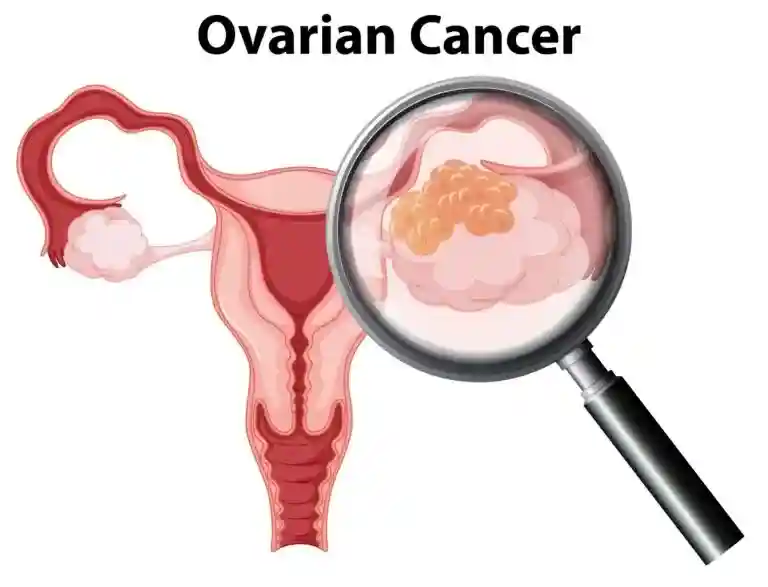In a shocking incident, a 39-year-old woman from Huddersfield was diagnosed with deadly cancer which she confused with bloating and looked nine months pregnant.
According to reports, the woman had been having trouble eating. Doctors diagnosed her with stress-related constipation and noted that she was too young to be critically ill. She also mentioned having trouble bending over and experiencing occasional wooziness, stiffness, and pain. She was diagnosed when her cancer progressed to the third stage.
She had previously been misdiagnosed with everything from Crohn’s disease to irritable bowel syndrome. Finally, she was found to have ovarian cancer.
Dr. Gandhali Deorukhkar, a Consultant of Obstetrics and Gynaecology at the Wockhardt Hospital told News9, “Ovarian cancer is an abnormal growth of cells that forms into ovaries if multiplied quickly. They can even invade any healthy tissue and can spread beyond the fallopian tube, ovaries, or the breast and even toward the brain cells. A lot of times ovarian cancer leads to fluid accumulation in the lower abdomen which is called ascites, a major reason for bloating and swelling in the lower abdomen.”
Annual Screening
Dr. Deorukhkar stated, unfortunately, ovarian cancer doesn’t have any symptoms in the early stage therefore, annual screening or ultrasound is suggested. Women with the condition may see symptoms like abdominal bloating, swelling, indigestion or feeling of fullness when they eat something, fatigue, discomfort in the pelvic area, back pain, and changes in bowel habits. If a woman has all these symptoms and is not getting cured then it is suggested to have an ultrasound done to rule out ovarian cancer or any kind of bulky ovary.
A very small percentage of ovarian cancer cases in younger women can be genetically predisposed. Generally speaking, diseases like breast cancer and ovarian cancer are more susceptible to genes like BRCA1 and BRCA2. Additional causes include obesity, smoking, infertility, and the increased risk of ovarian cancer in women who do not breastfeed.


















